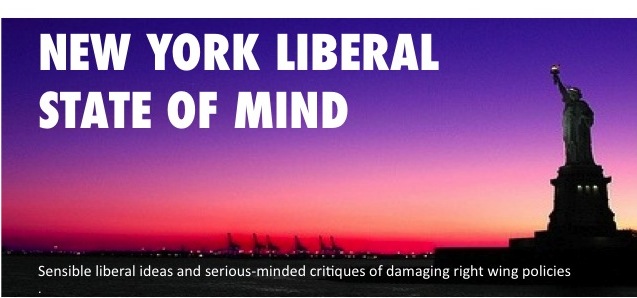American overseas preoccupations of the last decade have centered on terrorism, the wars in south Asia, and the paper tiger of China, America's next great fall guy. Meanwhile our long, deep roots with Europe have centered around war aims, overt and covert and the bickering over climate change.
Together, the United States and the European Union together account for about $3 trillion in exports, and well over one third of the entire world's economic output despite having only 12% of its population. (China by contrast contains almost 20% of the world's population and accounts for 14% of world GDP. Japan has about 1/10th the population of China and has a larger share of world GDP.)
So, what are our priorities regarding Europe (and Japan, and other western style democracies)? Clearly, if we were to simply follow the money, we would be spending an enormous amount of time tightening our already firm bonds to Europe. We would play down the consternation over China's "rise," remembering always that it still has 1.1 billion people living at subsistence level with whom they will eventually have to engage.
Further, we would pay close attention, to use Lincoln's words, to "the mystic chords of memory," that bind Europe to America and we to them. While we have navigated the streams of democratization in parallel, we also share an intellectual and artistic history, a battlefield history, a religious commonality with Europe. We share the burdens of colonialism. And, although Europe has largely ignored its part in the tragedy, we share the legacy of slavery.
But our view of Europe remains calcified and simplistic. It is a very fine place to visit. The Brits will always be our friends. Inexplicably, the French are eternally annoying, if less so nowadays. The Germans still wear the mantle of militarism, even if they have been ultras pacific since the war. And what good workers! The Italians are amusing and unstable. The Spanish are unemployed. The Scandinavians are blond and very advanced considering their size. The Greeks profligate. The new, eastern EU members are enigmas and still viewed as a bulwark against the Russian bear.
So what should we be doing?
First, loosen economic ties with authoritarian China, which does not play fair and takes all criticism of its regime and its self-centered economic policies as "meddling." Establish new rules concerning "free trade," turning our bent with developing countries into "fair trade."
Second, together with the EU we should identify with and be by the side of rising democracies and do all we can to work with them. India comes to mind, as do certain African nations, Brazil, Argentina and other "second world" democratic economic powers. India, in particular, offers enormous opportunity for Europe and the United States.
While both the United States and Europe hamstring themselves through dependence on foreign energy sources, we need to switch focus from the oil states to the states of the southern Mediterranean basin: Morocco, Algeria, Tunisia, Libya and Egypt. The West also must stay focused on a just settlement for Jews and Palestinians in Israel.
Regardless of the country the West deals with, we must insist on expansion of human rights, whether these concern religion, ethnicity, gender, or sexual orientation. Economic justice - still an issue at home - must be pursued worldwide.
Violations of established intellectual property rights laws must be enforced. Giving away our edge in technology, such as in computer science, space, robotics and the internet, is suicidal. Innovation is at the core of western success. And our spirit.
Through our communal technological prowess, the US, EU, Japan and the other westernized societies must solve the energy crisis. For a better environment, for a better life for the entire planet, but also to choke of the seemingly unending conflicts we find ourselves involved with in south Asia and northeast Africa.
The United States and the European Union need a large, common goal beyond prosperity in our friendly zones. It might be space, medicine, water and food purity, or transportation. But something larger and more transcendent than growing richer has to bind us together even more deeply.
This is where real liberalism counts.
Tuesday, March 9, 2010
Back To Europe and the Basics of Liberal Foreign Policy
Labels:
EU,
Europe,
Foreign Policy,
United States China
Subscribe to:
Post Comments (Atom)





No comments:
Post a Comment